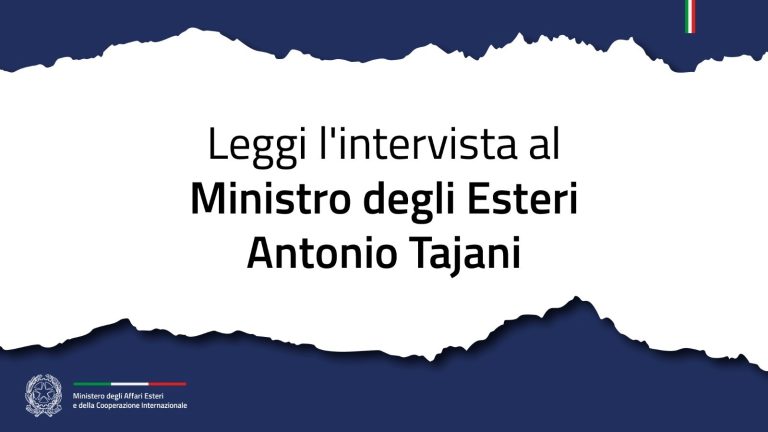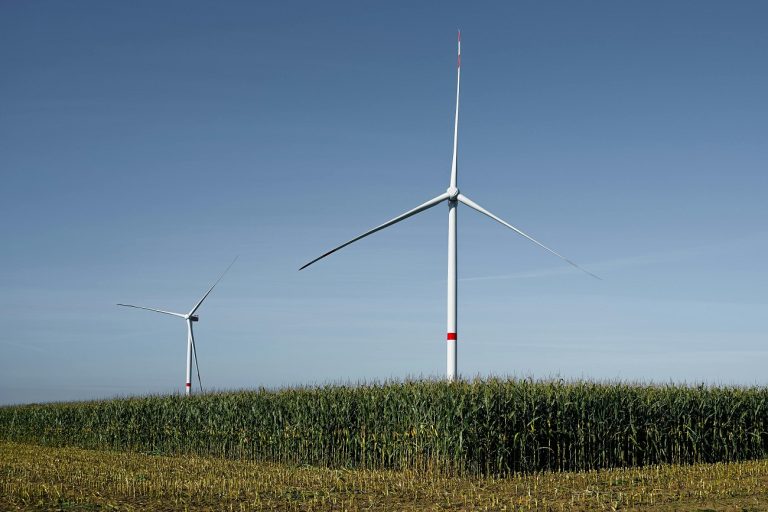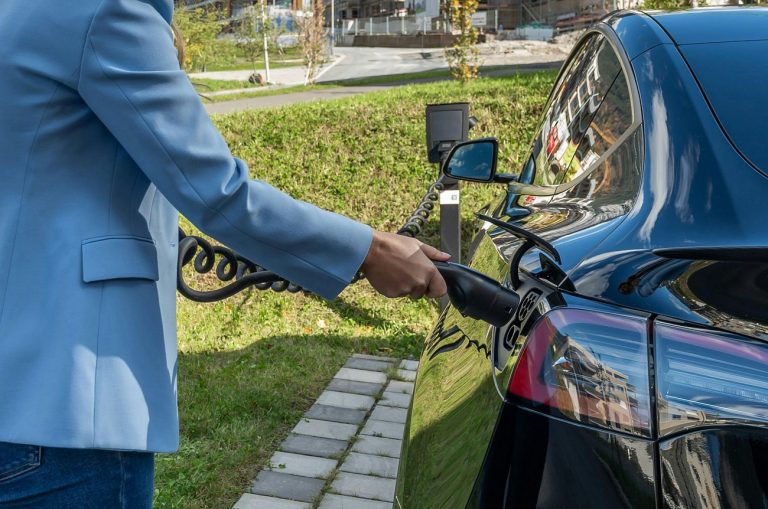The three key drivers behind increased attention to sustainability are quality, concern, and ethics. This is the central finding of the report “Sustainability is quality”, conducted by Ipsos and the Symbola Foundation, which confirms current trends in the motivations leading individuals to adopt sustainable practices.
Quality plays a decisive role for 69.6% of respondents, with the perception of innovation and high quality in sustainable products being the most influential factor. This is followed by growing concern over climate change and the planet’s future (22.0%) and ethical considerations (7.4%). These figures confirm that sustainability is no longer solely an environmental issue, but a complex commitment combining perceived quality, global concerns, and moral values.
According to Symbola, the increasing importance citizens place on the concept of quality marks a true cultural shift with far-reaching implications. Only a few years ago, sustainable products were often perceived as less “effective” or satisfying – chosen more for their values than their performance.
Today, by contrast, 67% of Italians overall have a positive attitude towards sustainability. The number of strong supporters has risen to 26%, compared to 24% in 2023, while 41% are open to the subject.
Now in its third edition, this year’s report explores not only general attitudes but also sectors of strategic relevance to the national economy – in particular, agri-food and construction.
In the agri-food sector, nearly six out of ten Italians consider themselves ethical and sustainable consumers in their purchasing choices. Some 89% are willing to pay more for high-quality animal-based products, and 87% for high-quality plant-based products. Compared to companies in other European countries, Italian food businesses stand out for their strong emphasis on quality (52%).
In the construction sector, sustainability is synonymous with quality when it involves environmental certification, effective integration with the surrounding area, and attention to worker safety. When choosing a property, the energy efficiency rating heavily influences the final decision (74%), while proximity to parks and green spaces plays a slightly lesser role (66%). Some 88% of Italians are willing to pay more for a high-quality property, and the weight of sustainability in the willingness to pay a premium is considerable (48%).
In summary, individuals today show greater awareness and a growing desire to engage in sustainable initiatives that reflect their personal values while offering meaningful fulfilment. This makes sustainability a real opportunity for businesses: companies that actively pursue these goals are increasingly rewarded by a more sensitive and discerning consumer base.










